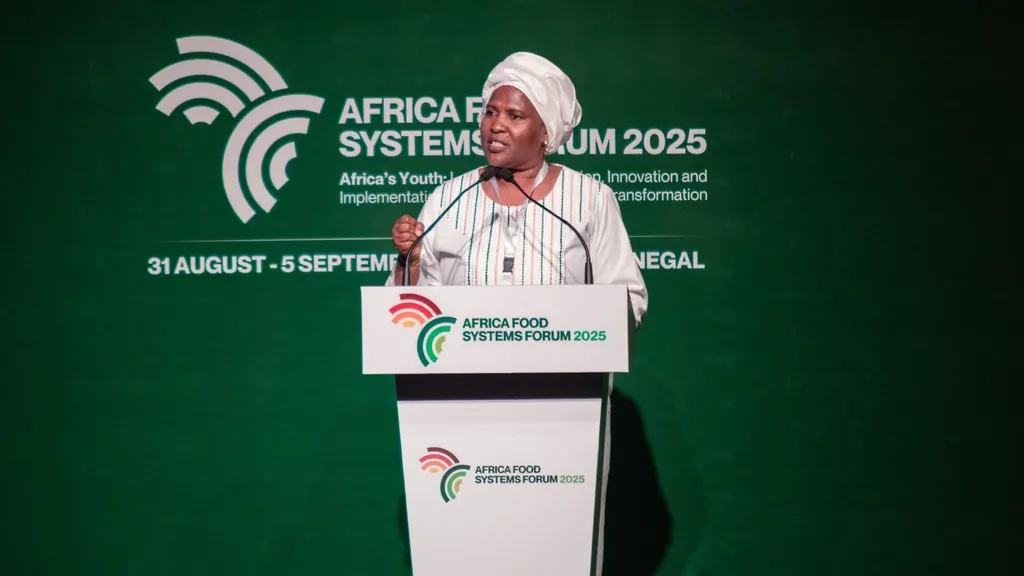In the heart of Eastern Africa, a quiet revolution is taking root, one that could reshape the continent’s food systems and, by extension, its economic landscape. A recent study published in the journal *Frontiers in Sustainable Food Systems* (translated from English as “Frontiers in Sustainable Food Systems”) sheds light on the commitments made by five Eastern African countries to transform their food systems, and how these pledges align with global and regional agendas.
The research, led by Sofia Jomo from the Climate-Resilient Food Systems Division at the International Development Research Center in Nairobi, Kenya, scrutinizes the Food System Transformation Pathways (FSTPs) of Kenya, Uganda, Tanzania, Ethiopia, and Rwanda. These commitments, born out of the 2021 United Nations Food Systems Summit (UNFSS), aim to tackle the pressing issue of hunger and food insecurity that plagues the continent.
The study reveals that these countries have made a total of 199 commitments, with a significant focus on building resilience to vulnerabilities, shocks, and stresses (97 commitments), accelerating the means of implementation (79 commitments), and advancing equitable livelihoods (60 commitments). Moreover, the majority of these commitments (91) align with the Kampala Comprehensive Africa Agriculture Development Program (CAADP) Declaration’s goal of building resilient agrifood systems.
However, the research also highlights some concerning gaps. “While all the commitments indicate each country’s ambition in transforming their food systems towards healthiness and sustainability, none of the five country-level FSTPs outline a plan on how the commitments would be delivered,” Jomo notes. This lack of a clear roadmap, coupled with the fact that only two commitments by Tanzania had explicit measurable metrics, raises questions about the feasibility and impact of these pledges.
The study underscores the need for these countries to develop action plans with suitable indicators and monitoring and evaluation frameworks to guide the implementation of their commitments. Regular reviews of these commitments are also crucial to ensure their alignment with global and regional food systems transformation agendas.
The implications of this research extend beyond the agricultural sector, with significant ramifications for the energy sector as well. As food systems become more resilient and sustainable, the demand for energy-efficient technologies and practices is likely to grow. This presents a unique opportunity for the energy sector to innovate and invest in solutions that support the transformation of food systems.
Moreover, the study’s findings could shape future developments in the field by emphasizing the importance of measurable commitments and robust action plans. As Jomo puts it, “Countries should regularly review their commitments to ensure their alignment with global and regional food systems transformation agendas, and that they are on track to achieve sustainability in their food systems.”
In conclusion, this research serves as a wake-up call for Eastern African countries to translate their ambitious commitments into concrete actions. As the region grapples with the challenges of hunger, food insecurity, and climate change, the transformation of food systems offers a beacon of hope. And for the energy sector, this transformation presents a golden opportunity to drive innovation and growth. The ball is now in the court of policymakers and industry leaders to seize this moment and steer the region towards a sustainable and prosperous future.

